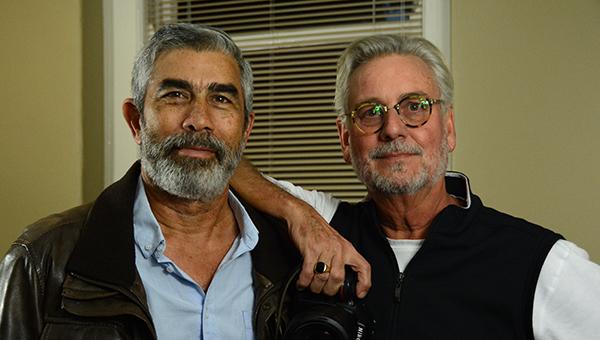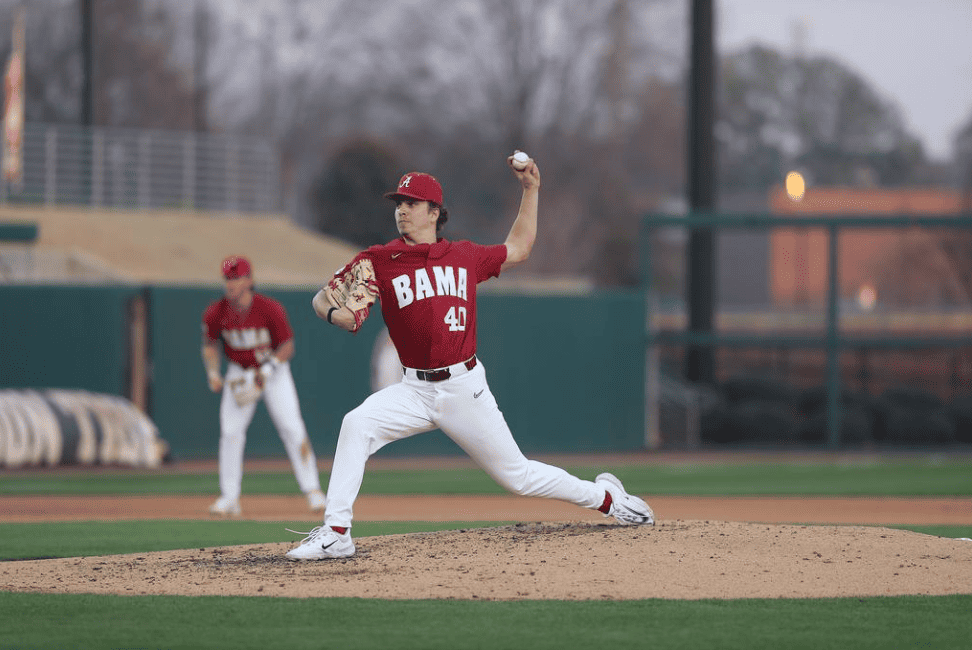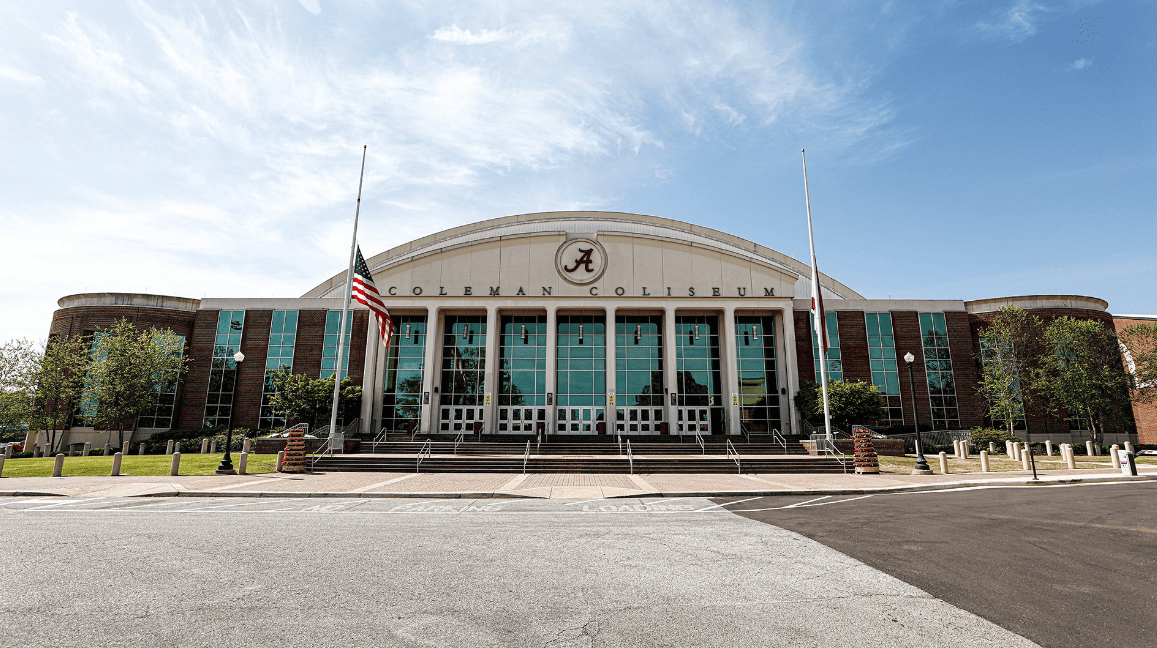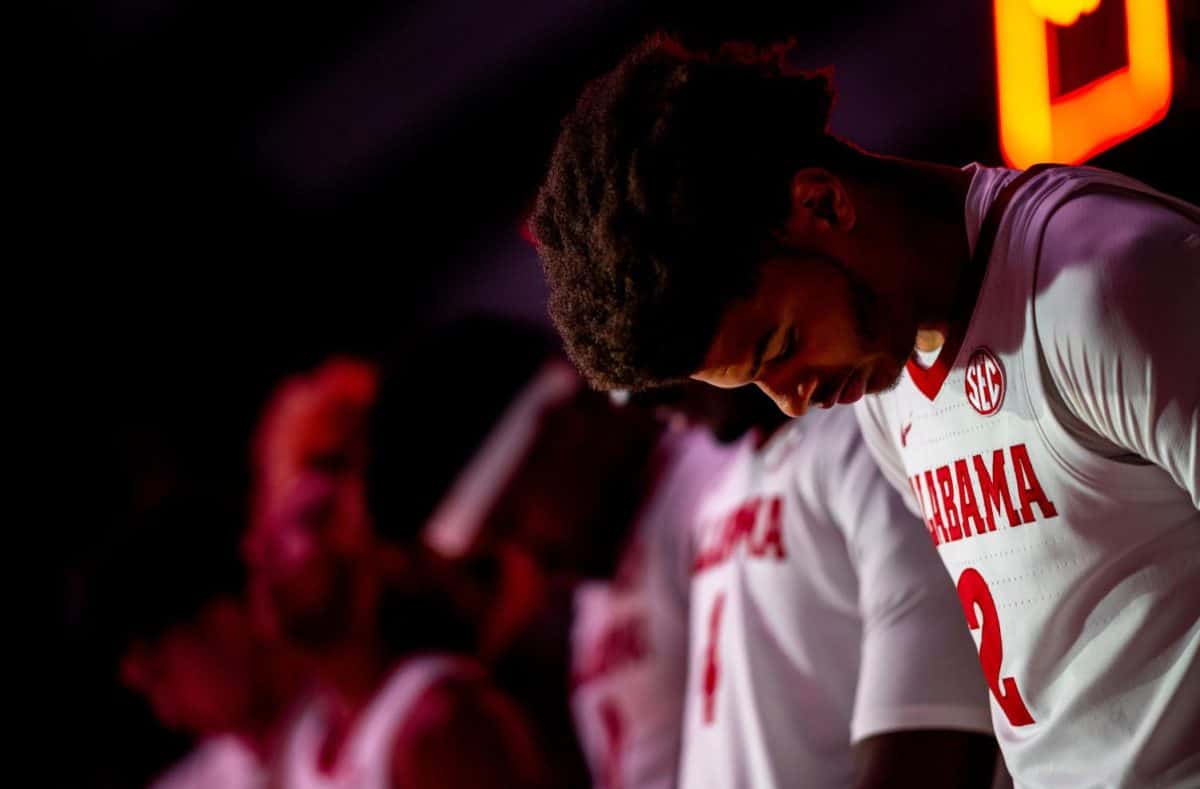Their mornings began at 5 a.m. with a cup of café con leche. Promptly after, cameras in hand, Cooper and Larramendi would set out for the day.
Trekking on foot, riding horseback or driving in their two-door Suzuki, Cooper and Larramendi traveled 10,000 miles through Cuban countryside, working from 5 a.m. until 9 p.m. each night to complete “Campesino,” the duo’s most recent photography collaboration.
“After a day of photographing, Julio and I would look at each other and say, ‘Dead man walking,’ and he would look at me and reply, “Dead man walking,” Cooper said “And that’s when we knew it had been a successful day.”
“Campesino” is a collection of pictures taken by Larramendi and Cooper of Cuban country folk.
“We’re not just photographing people, we’re photographing survivors,” Larramendi said. “These people truly represent the Cuban spirit.”
The “survivors” are those who stayed in Cuba after the dissolution of the Soviet Union in 1991 and faced the adversities of economic and political turmoil. The majority of those who remained in Cuba after the breakdown of the Soviet Union dispersed to the countryside to work as artisans and farmers. Today, 95 percent of Cubans live in the countryside as “Campesinos,” or peasants.
“One of the most beautiful things is seeing the will to live,” Cooper said. “The will to make better each day and every situation, even though most don’t have running water, indoor plumbing or electricity.”
Larramendi met Cooper six years ago. Over the years the two have established a friendship and artistic partnership.
“We’re like brothers separated at birth,” Cooper said. “The creative process has been dramatically changed since the two of us started working together and inspiring each other.”
Larramendi, a native Cuban, studied chemistry under the USSR during the Soviet Union’s reign in Cuba from 1972 to 1991. Government scientist-gone-freelance, Larramendi began photographing full time in 1997.
Larramendi has self-published and co-authored a number of international publications.
“Cuba is a third world country with first world intellect. That’s really exemplified in Julio and Chip’s project,” said Kyle Leopard, a senior majoring in political science and history who is a part of the Cuba initiative at the University.
“Campesino” stemmed from Larramendi’s desire for Cooper to have a broader vision of Cuba, he said.
“I wanted Chip to see the heart of Cuba and its people,” he said. “I promised him that he would get to know deep Cuba, and that’s what we did.”







